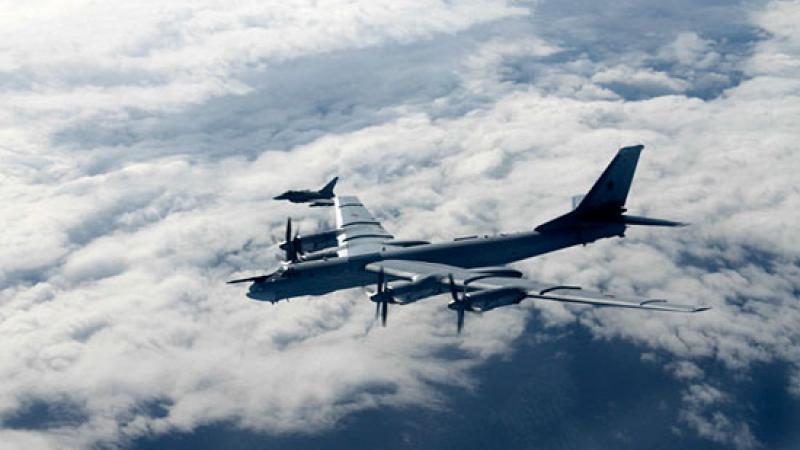U.S officials seek to seize control of chaotic Kabul airport to facilitate evacuations
State and Defense Departments say they will seek to run air traffic control until U.S. personnel are removed from county.
Stung by the rapid fall of Afghanistan to the Taliban, the Biden administration on Sunday night said it would use American military forces to secure the airport in Kabul until all U.S. personnel are evacuated from the country.
The Pentagon and State Department issued a joint statement announcing their effort would include the United States taking control of air traffic control at the capital airport even as the Taliban enter Kabul.
"At present we are completing a series of steps to secure the Hamid Karzai International Airport to enable the safe departure of U.S. and allied personnel from Afghanistan via civilian and military flights," the departments said. "Over the next 48 hours, we will have expanded our security presence to nearly 6,000 troops, with a mission focused solely on facilitating these efforts and will be taking over air traffic control."
The rushed operation was further evidence that the Biden administration believed it had far more time to evacuate Afghanistan, only to be shocked by the Taliban's one-week rout of the country. Officials said they would also be evacuating local Afghans who worked closely with the U.S. government during the two-decade war.
"Tomorrow and over the coming days, we will be transferring out of the country thousands of American citizens who have been resident in Afghanistan, as well as locally employed staff of the U.S. mission in Kabul and their families and other particularly vulnerable Afghan nationals," the joint statement said.
"And we will accelerate the evacuation of thousands of Afghans eligible for U.S. Special Immigrant Visas, nearly 2,000 of whom have already arrived in the United States over the past two weeks. For all categories, Afghans who have cleared security screening will continue to be transferred directly to the United States. And we will find additional locations for those yet to be screened."
















